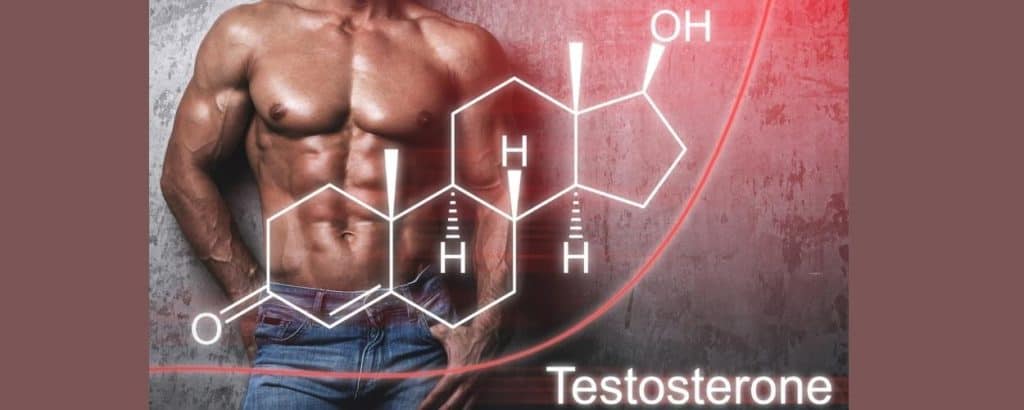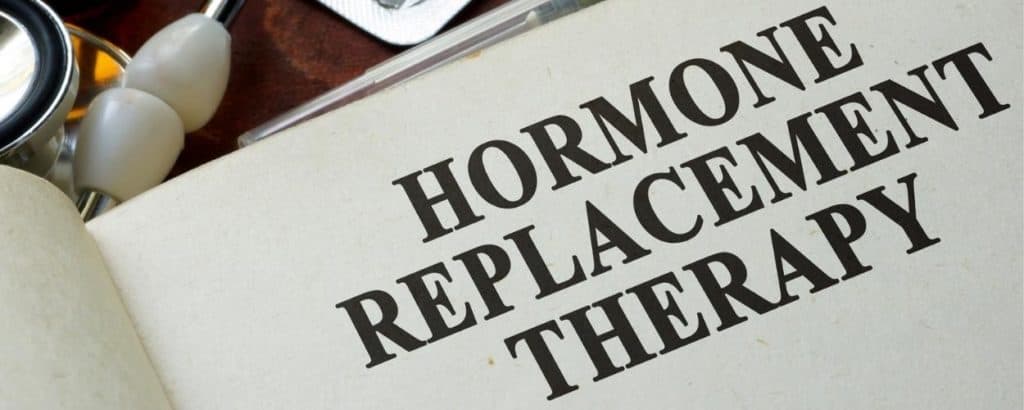
testosterone replacement therapy scottsdale
is testosterone replacement therapy dangerous
The impact of testosterone replacement therapy (TRT) on mental health is a timely and important area of research. Evidence is mounting that testosterone levels can have an effect on mental health outcomes such as depression, anxiety and overall well-being. It is also becoming more clear that testosterone replacement therapy can help improve mental health symptoms. Researchers are keen to explore the potential benefits of testosterone therapy for mental health. Numerous clinical studies have been performed to determine the safety and efficacy for testosterone replacement therapy in improving mental outcomes. There have been mixed results from these clinical studies. Some found that testosterone replacement therapy could improve mental health symptoms while others did not find a significant benefit. Continued evaluation of the effects of testosterone replacement therapy on mental wellbeing is necessary. It is also important to evaluate the risks of testosterone replacement therapy as well as the individual's overall health before beginning any testosterone replacement therapy.
The side effects of testosterone replacement therapy are a topic of great interest in the medical community and beyond. For many years, researchers have been studying the potential short-term and long-term health effects of testosterone replacement therapy, particularly when it comes to the cardiovascular system. While the results of some studies have indicated that testosterone replacement therapy may be beneficial for some men, other studies have suggested that there may be risks associated with the treatment. To better understand the side effects of testosterone replacement therapy, it is necessary to investigate the potential impacts of the therapy on the body. Studies have shown that testosterone replacement therapy can positively affect sexual performance and libido. However, the long-term effects of the therapy on the cardiovascular system are not yet known. Additionally, studies have suggested that testosterone replacement therapy may increase the risk of prostate cancer in some men and other types of cancer. Further investigation of the potential side effects of testosterone replacement therapy is important to ensure that patients are informed of the potential risks associated with the treatment.
Choose the clinic and provider that is most concerned about your overall health.
testosterone replacement therapy scottsdale


